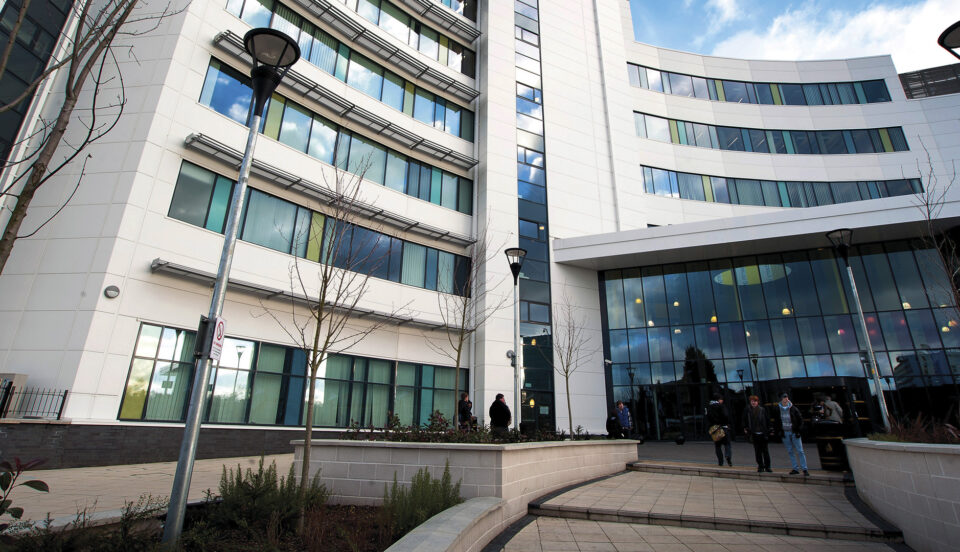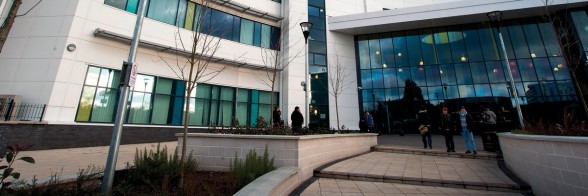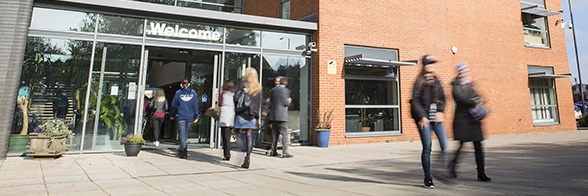Are you considering a career in the British Army, Royal Navy, Royal Air Force, Royal Marines, HM police, prison or probation services, or fire and rescue services? This course is intended to support progression to further study. Its primary purpose is to support learners to continue their education through applied learning, and progress to higher education in a related degree course, and ultimately progress to employment in all variants of the Uniformed Protective Services, both statutory and non-statutory. This reflects the shift towards increased graduate employment in the sector, for example in the police service.
The qualification is equivalent in size to three A Levels and has been designed to be a two-year, full-time study programme.
We work in partnership with your potential future employers, including: Thames Valley Police, HM Prison Service, British Army, Royal Navy, Royal Air Force, and the fire and rescue services. This gives you exposure to current industry experts who can demonstrate how the theory you will learn throughout this course is directly relatable to real-life situations.
What to expect from the programme:
- development of communication, self-discipline, and team-working skills
- opportunity to visit various public service settings such as prisons, police stations, crown courts, fire stations, and Royal Air Force bases
- identification of the entry and fitness requirements for the Uniformed Protective Services, and help in the preparation for these
What you'll learn
You will develop transferable and higher-order skills, such as research, presentation and communication skills, discipline, and the ability to be resourceful and work collaboratively, which are highly regarded by higher education and employers.
Over the course of two years, you will study 13 units, of which 7 are core units, undertaken by all Uniformed Protective Services students nationally.
Everyone taking this qualification will study 7 core units. Five of the units are assessed internally and two are assessed externally. The core units are:
- citizenship and diversity
- behaviour and discipline in the Uniformed Protective Services
- global affairs, the media, and the Uniformed Protective Services
- physical preparation, health, and well-being
- teamwork, leadership, and communication in the Uniformed Protective Services
- Government and the Protective Services
- planning for and responding to emergency incidents
You will also study 6 additional units that have been designed to support progression to a range of sector-related courses in higher education and which link to relevant occupational areas. These units cover content areas such as criminology, police powers, the third sector, criminal investigation procedures and practice, custodial care, sociological perspectives, and fitness training.
How you'll learn and be assessed
The Level 3 National Extended Diploma in Uniformed Protective Services includes a voluntary requirement, off-site visits, and presentations from Uniformed Protective Service industry experts.
The course consists of a mixture of theory class-based and practical-based sessions that use the resources available to us. You will be taught by tutors who have significant experience working in and alongside protective services.
You will develop a range of employability skills in three main categories:
- Cognitive and problem-solving skills: using critical thinking, approaching non-routine problems by applying expert and creative solutions, and using systems and technology.
- Interpersonal skills: communicating, working collaboratively, negotiating and influencing, self-presentation.
- Intrapersonal skills: self-management, adaptability and resilience, self-monitoring and development
This qualification will provide the knowledge and skills that prepare learners for progression to university. The skills that universities value include the:
- ability to learn independently
- ability to research actively and methodically
- ability to give presentations and to be active members of a group
You will be assessed continuously throughout the programme and given ongoing feedback to support you through the course. You will be required to sit 1 exam each January of your course. Your assessments will be written, practical and verbal, and give you every opportunity to achieve the maximum grade available.
Entry requirements
You need to have 5 GCSEs at grade 4 or above including English and maths or a BTEC Level 2 Diploma grade Merit or Distinction plus English and maths GCSEs at grade 4 or above/Functional Skills at Level 2 in English and maths




